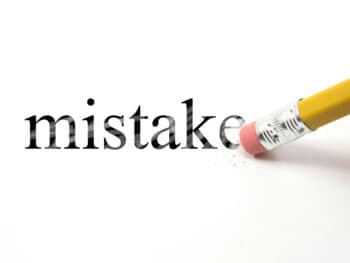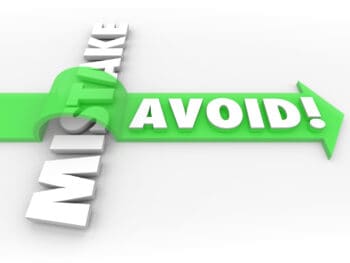Work comp is a real time problem in progress. If you’re an employer, chances are you could use some, or much, advice. But advice often comes with an expiration date and, if not taken, will spoil faster than an open container of milk on July 4th weekend.
Employers who have been through the comp system tend to be wary of all contacts, which only seem to add to the costs without reduction of consequences. But those contacts are nearly always made when a claim has been in progress for months or years. Every comp lawyer has received a cry for help from employers, and employees, as a claim is near closing – hardly a time to do much except regret what was not done a lot sooner. Your correspondent not so long ago received a call from an employer 18 years too late and only after unnecessary payments, fines and penalties had driven him to bankruptcy.
Seek General Advice & Training in Present
So when is the best time for an employer to seek advice? There are three times, actually. The first is right now. The present is always the best time to get general advice and act on it. But be aware that no book, seminar or training can be so comprehensive that it will cover all the details of your actual claims. But it is a good place to start and a terrible place to stop.
Seek Advice Before Hiring
The second critical time to get advice is before you have made a decision to hire that last person you interviewed but you are still just a bit less than certain that it will be the right decision. You may be surprised to learn that your brain has become excellent at detecting patterns and should be regarded as containing a built in warning light. And, like all good warning lights, it should not be ignored.
Reach out and get a second opinion before committing to a hire. You may be comforted to now that it is not too late to ask a few more questions and dig for a bit more info before making a decision. Far too many employers hire next year’s claims and then remember why they felt nervous.
Seek Advice At Notice of Injury
The third critical point is, as might be expected, the most important. It comes when you have received notice of an injury or illness, whether or not alleged to be work related. This is the chance, perhaps the last chance, to perform what may seem to be simple acts but which, in fact, change the entire course and outcome of those situations which can become your worst claims. In this case, however, time is of the essence. There is no simple set of answers which can solve this problem. On the other hand, all your favorable solutions will be in the details – provided you learn what to do and how to do it.
What will you do?
If a disability is reported, but it is not yet linked to work activity, you can begin by being helpful AND carefully documenting your assistance. It will be invaluable if a claim is ever filed and more valuable if it prevents unnecessary claims.
If a report of work related illness or injury is being made, the first thing that must be done is to complete, with assistance from a qualified expert (yes, that means a comp lawyer), enhanced reports of injury.
An enhanced report, putting this briefly, treats the employer’s first report as a summary and table of contents, not the complete report. The most important entries will be “see attached” since this may be your last chance to get it right and enthuse your carrier to do the same.
What will be attached?
A short summary by you of the facts, in chronological sequence, that the carrier, lawyers and judges should know up front. No emotions or wishful thinking, please.
The final attachments will be those contemporaneous documents which support your list of facts.
If you follow the preceding, you will have fewer claims, smaller claims and lower blood pressure. But you need an editor to make sure your presentation is going to be effective. (Once again, it will probably be a comp attorney.) And you should make the cry for help before you start writing.
Author: Attorney Theodore Ronca is a practicing lawyer from Aquebogue, NY. He is a frequent writer and speaker, and has represented employers in the areas of workers’ compensation, Social Security disability, employee disability plans and subrogation for over 30 years. Attorney Ronca can be reached at 631-722-2100. medsearch7@optonline.net
Editor Michael B. Stack, CPA, Director of Operations, Amaxx Risk Solutions, Inc. is an expert in employer communication systems and part of the Amaxx team helping companies reduce their workers compensation costs by 20% to 50%. He is a writer, speaker, and website publisher. www.reduceyourworkerscomp.com. Contact: mstack@reduceyourworkerscomp.com.






















